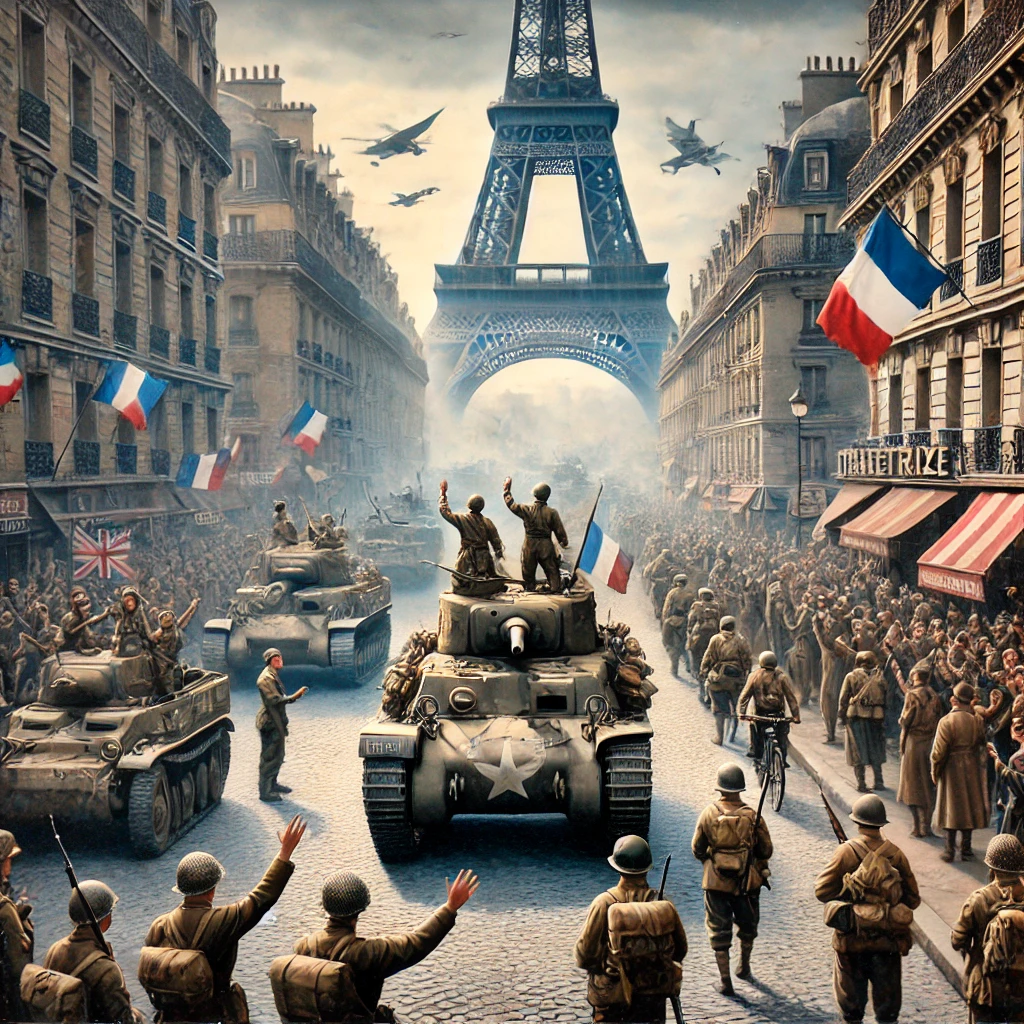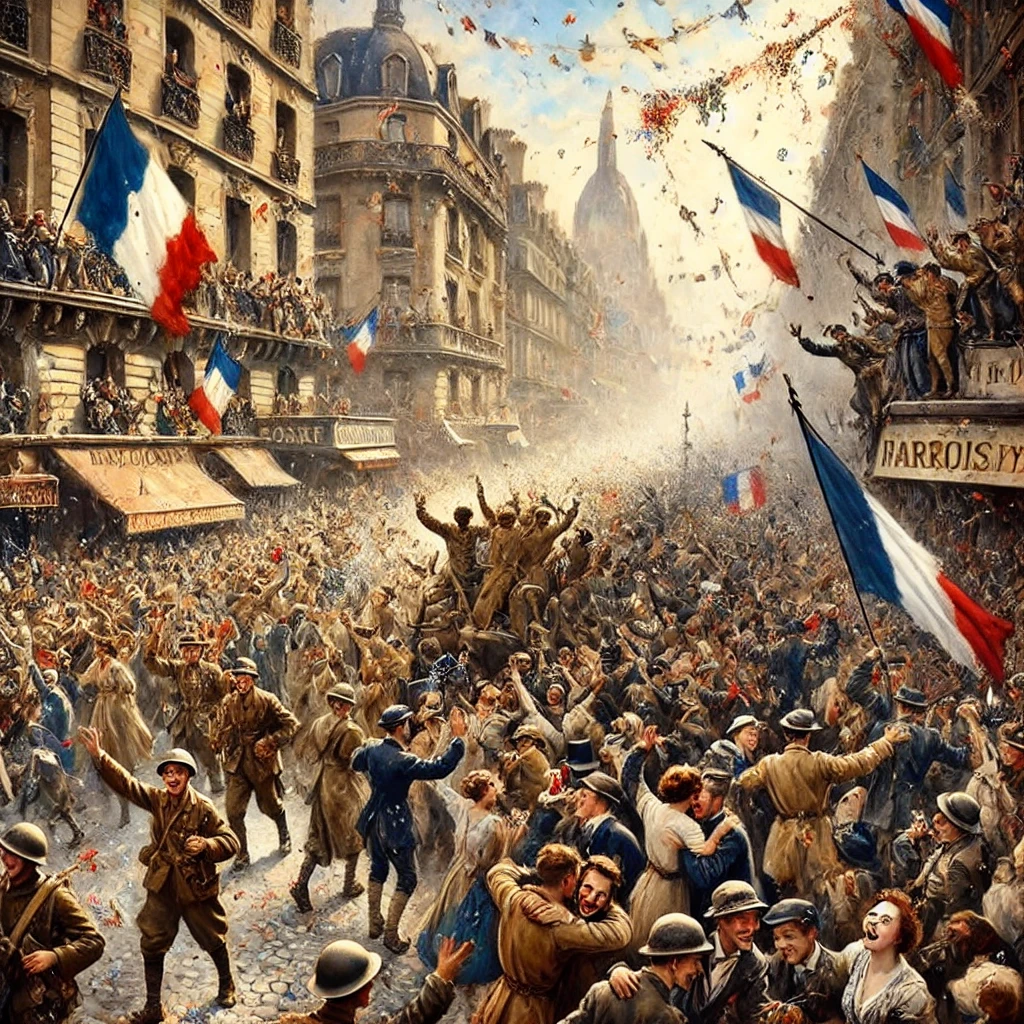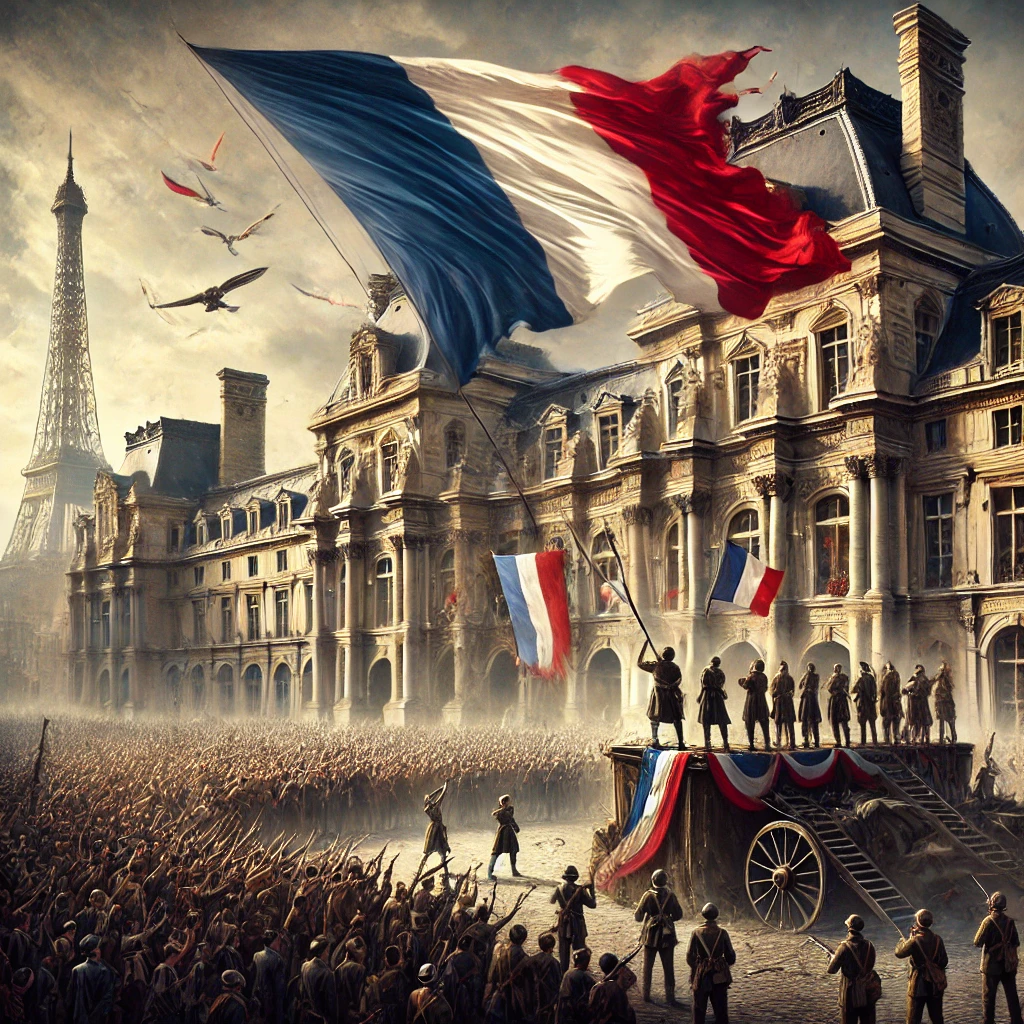On August 25, 1944, Paris was liberated from Nazi occupation after four years of German control. The liberation of the French capital marked a significant turning point in World War II and was a crucial step in the Allied efforts to reclaim occupied Europe. The city’s liberation was the result of a coordinated campaign by the Allied forces, including the French Resistance, the Free French Forces led by General Charles de Gaulle, and the advancing American troops.
The German occupation of Paris began in June 1940, following France’s defeat in the Battle of France. During the occupation, Paris was subjected to harsh German rule, and many Parisians lived under the constant threat of repression and scarcity. The liberation of the city was eagerly anticipated by both the French people and the Allied forces, who recognized the symbolic and strategic importance of freeing Paris from Nazi control.

The Liberation Campaign
The campaign to liberate Paris involved a series of military and political actions. On August 19, 1944, the French Resistance began an uprising against the German occupiers, leading to intense fighting within the city. Simultaneously, the Allies, spearheaded by the American forces under General Omar Bradley, advanced from the Normandy region, making their way toward Paris.
The coordinated efforts between the French Resistance and the advancing Allied forces culminated in the German commander’s decision to withdraw from the city. On August 25, General Dietrich von Choltitz, the German military governor of Paris, surrendered to the French forces. The surrender was met with widespread jubilation and celebration among Parisians, who had endured years of occupation and hardship.

The Significance of the Liberation
The liberation of Paris on August 25, 1944, was a momentous event with far-reaching implications. For the French people, it was a symbol of hope, resilience, and the triumph of freedom over tyranny. The event marked the end of a dark chapter in the city’s history and the beginning of its recovery and rebuilding in the aftermath of war.
The liberation also had a significant impact on the course of World War II. The freeing of Paris was a strategic victory for the Allies, as it disrupted German supply lines and morale. It also paved the way for the continued advance of Allied forces into Germany, contributing to the eventual defeat of the Nazi regime.

Today, the liberation of Paris is commemorated annually and is remembered as a pivotal moment in the struggle for freedom and justice. The event is celebrated for its historical importance and the enduring spirit of the French people, who remained resilient in the face of occupation and adversity. The legacy of August 25, 1944, continues to be a source of national pride and historical reflection for both France and the broader Allied community.
